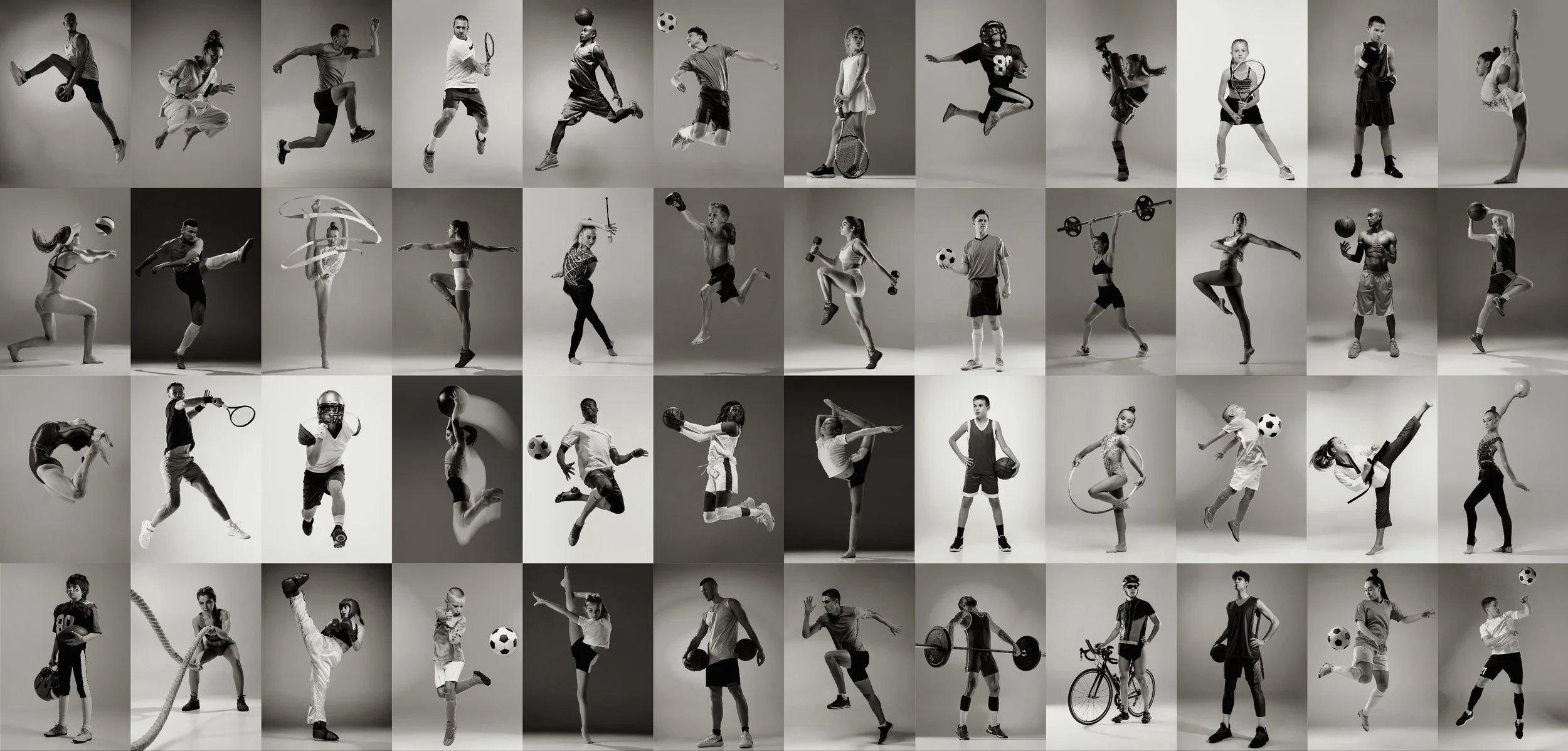Philosophy
A Customized Program
I tailor my program to each client based on their specific performance arena, personality, and life circumstances. This bespoke approach ensures my own professional tool kit remains sharp and my motivation fresh - in many ways the approach I want each of my athletes to adopt.
My approach emphasizes a balance of athletics with academics and personal growth/lifestyle whilst preparing for the next level of competition.
My primary goal is to equip athletes with the confidence and skills to reach their full potential whilst overcoming challenges independently. I strive to ensure they can navigate competitive pressures on their own, without becoming reliant on me or any other external figure for constant guidance.
I emphasize balance in my work, but that does not mean I’m soft on my athletes. I am extremely competitive by nature. I competed at the highest level in soccer starting at age 11. I still want to succeed. I want my athletes to succeed. I love to win, I really don’t like to lose, and I work best with athletes who feel the same way.
Hating to lose doesn’t mean I’ll ruin everyone’s night or weekend, upset my family and friends, or sulk for days. A key principle of my work is learning to process failure effectively—acknowledge it, learn from it, and use it as fuel to improve immediately.
Life After Sport
Have you ever considered what would have happened to the Williams Sisters if they had not become superstars of tennis after what they went through in their childhood?
We tend to focus only on success, but throughout my career, I've seen hundreds—if not thousands—of young athletes with similar experiences who never reach the professional level. That’s the reality Hollywood doesn’t sell, but it’s a narrative I’m determined to shed light on and, whenever possible, prevent.
Many parents may not fully recognize the harm that can come from excessive coaching, a lack of balance in a young athlete’s life, and the constant strain of sport-related tensions at home.
Truly elite performance from a well-adjusted athlete is possible. I know this first hand. Serious dysfunction and trauma are not essential aspects of the elite athlete’s journey, even if that’s the narrative that’s predominately portrayed in the modern sports media fantasyland.
Parental Involvement
Relationships between parents and their children obviously last far beyond a glittering High School career, a collegiate scholarship or even a professional highlight reel. My work prioritizes healthy and productive relationships and communication between parents and their athlete.
It is essential for me that parents are involved at the outset of my work with their athlete. I am completely open and honest about what the athlete and I are working on to improve performance and well-being overall.
Parents’ support and understanding are the cornerstone for this process to succeed. It’s that simple. This is elite sport, not a war zone. Some perspective and calm can go a long way in helping athletes sustain their enthusiasm and fight.
Confidentiality
I have worked in this space for the majority of my working life. The profession of sport psychology used to allow the athlete and their performance to represent the work happening behind the scenes. In the current space, way too much attention seems to center on the “guru” behind the athlete. This is not by accident.
The notoriety and external validations many of my contemporaries pursue are not important to me, and they never will be.
‘Credit’ is the furthest thing from my mind when I work with any athlete. I have never given an interview about any of my successes, and I never will. I love the process and love seeing the results. It’s what I loved as a player, and what I still love as a practitioner.
